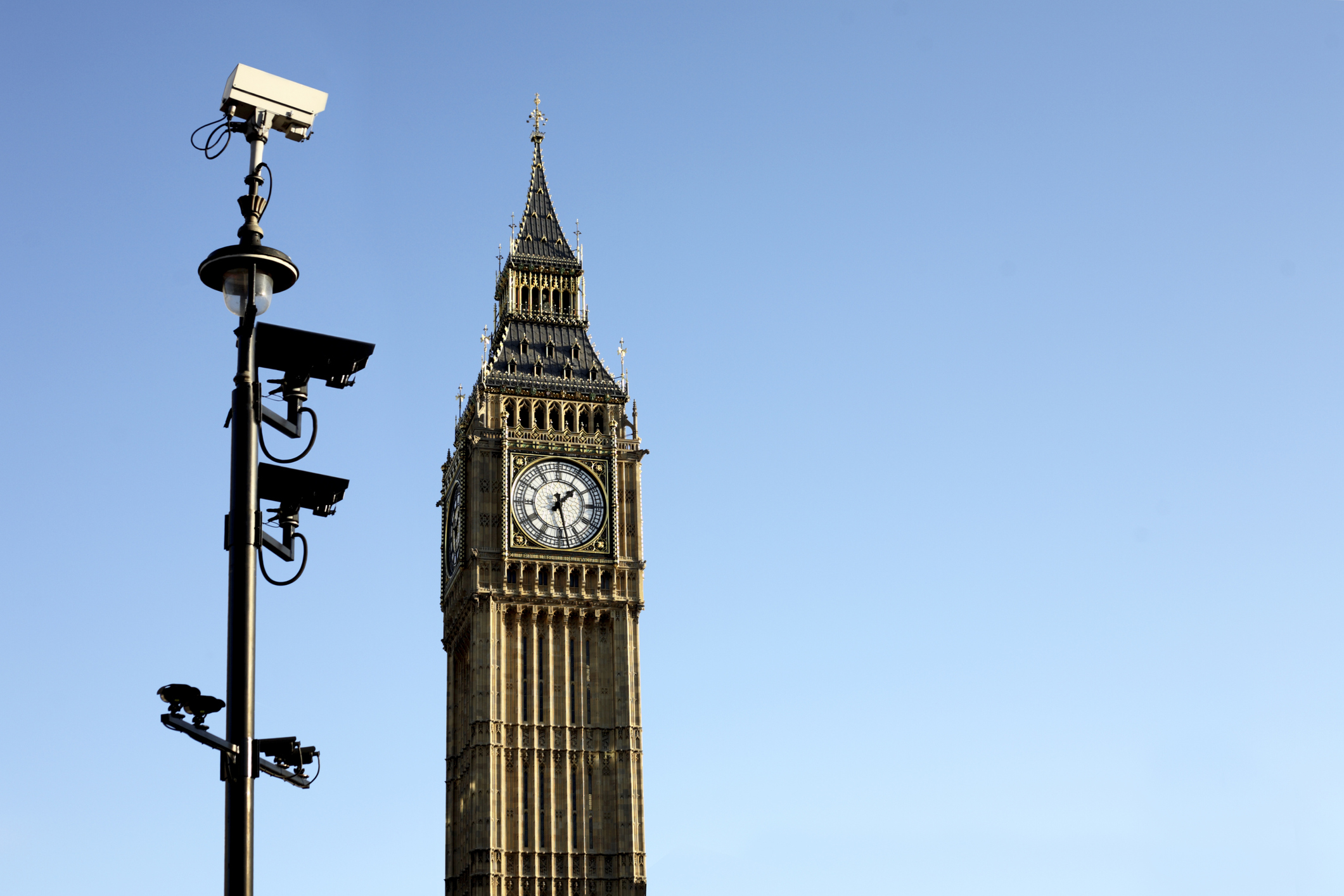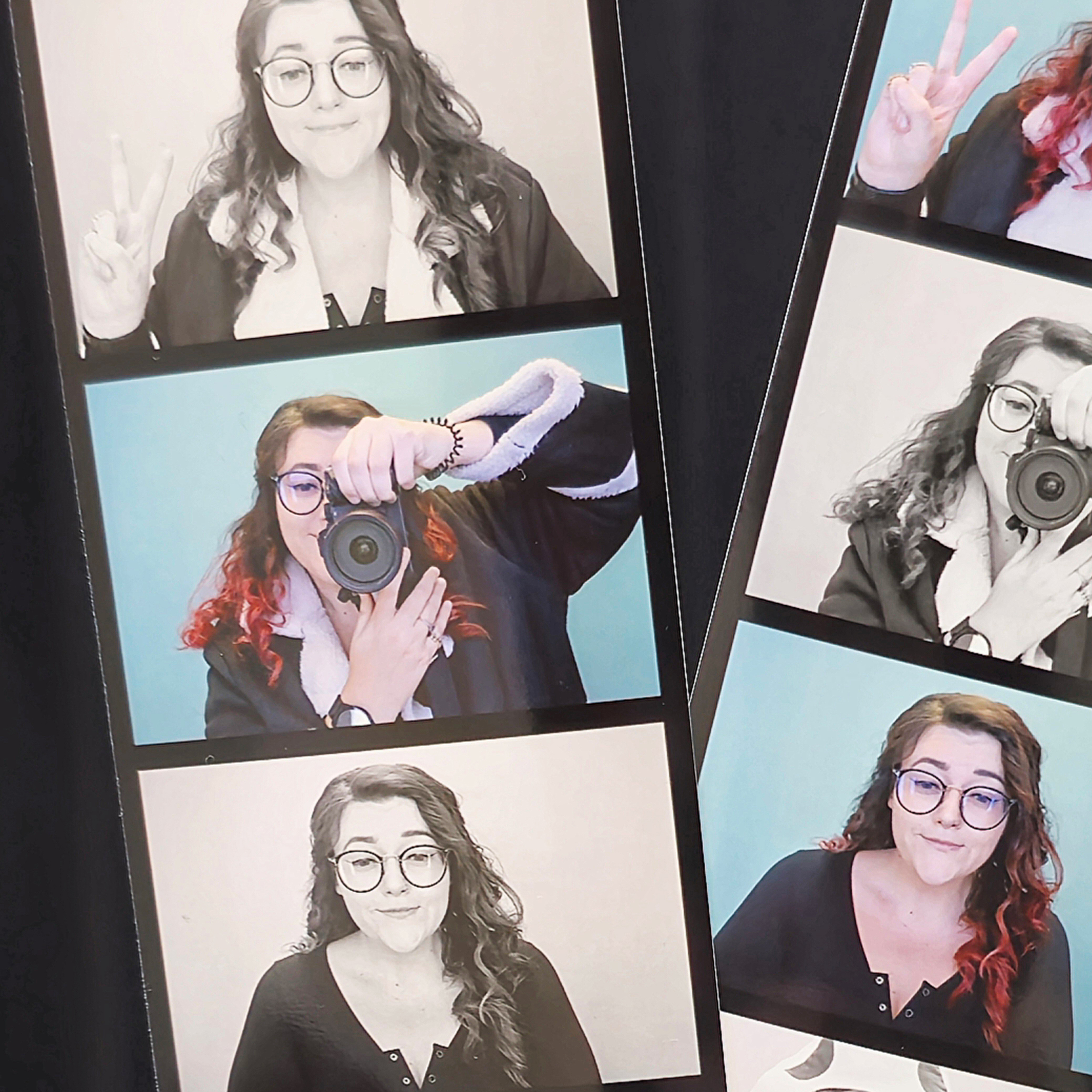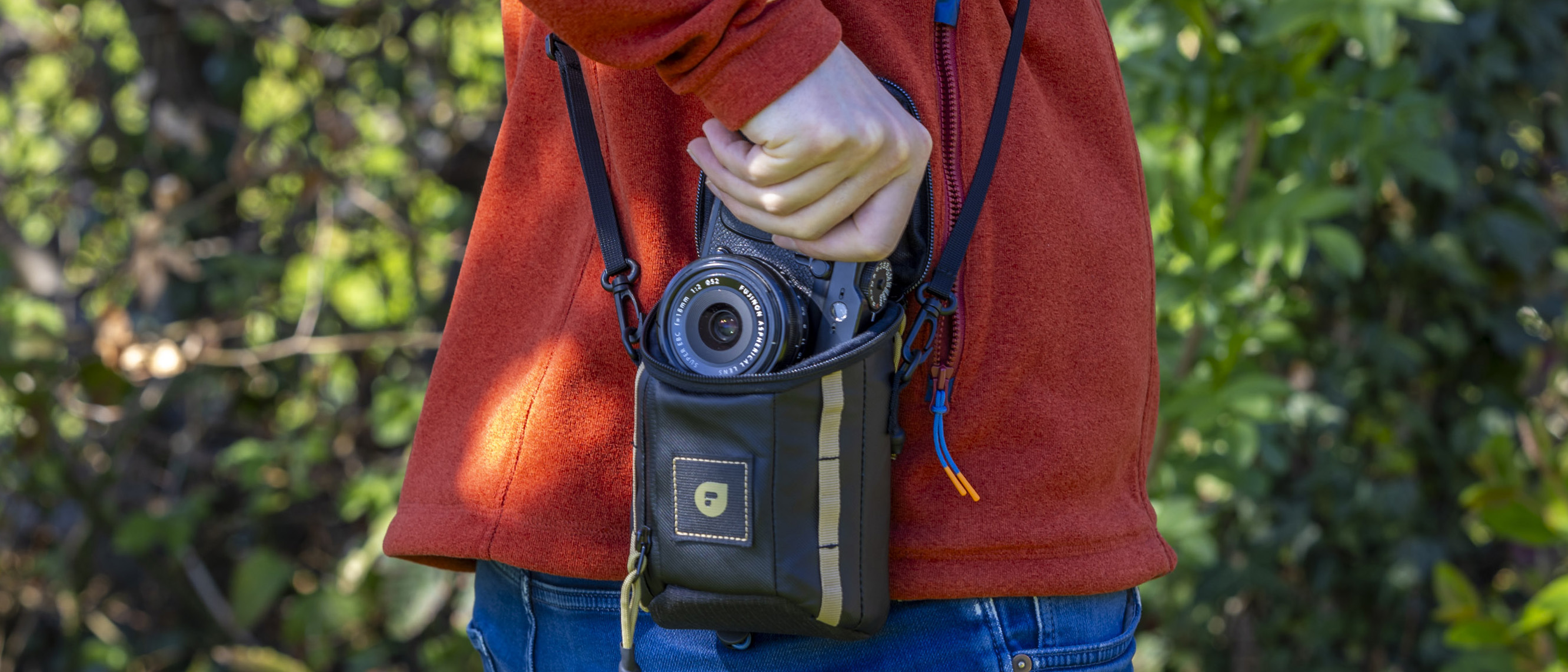Why the UK Government is banning Chinese security cameras in some sites
Chinese-manufactured visual surveillance systems are said to pose a security risk when installed at 'sensitive sites' in the UK

Departments within the UK government have been instructed in a new recent policy to cease the deployment of visual surveillance systems that have been produced by companies and manufacturers that are subject to the National Intelligence Law of the People’s Republic of China.
Identified as a current and future possible security risk to the UK with the increasing capability and connectivity of these surveillance security camera systems, additional controls are required where these units have been installed on government estates, as well as what the policy refers to as 'sensitive areas' in the UK.
• Check out the best PoE surveillance camera systems
A recent statement made by The Chancellor of the Duchy of Lancaster, Oliver Dowden, has revealed that surveillance equipment in the UK is being closely reviewed and has become something of a potential security risk in regard to the protection of data on government information such as personnel, assets, and estate.
In a seemingly similar boat to that of a GDPR breach, this instance presumes to be concerning surveillance footage that has been either made available to, or at risk of being compromised by the manufacturers of these same devices, specifically those that have been, as the statement declares, "produced by companies subject to the National Intelligence Law of the People’s Republic of China".
The BBC has reported that there are firms and manufacturers in China that are required by Chinese law to cooperate with Beijing's security services and that this same law instructs that any organization must support and collaborate with its own government in what it specifies as national intelligence work.
The statement continues to suggest that the warning and risk mitigation is only pertinent to specific areas and those that sit within the definition of sensitive sites. Dowden proposes in the statement that:
Get the Digital Camera World Newsletter
The best camera deals, reviews, product advice, and unmissable photography news, direct to your inbox!
"No such equipment should be connected to departmental core networks and they [departments] should consider whether they should remove and replace such equipment where it is deployed on sensitive sites rather than awaiting any scheduled upgrades."
Dowden also reassures at the end of the statement that the government is taking immediate action to prevent the materialization of any of these potential security risks, and that these matters will be kept closely under review.
Two Chinese surveillance companies, Hikvision and Dahua, are said to be the key players in this debate, previously questioned surrounding the legality and security of their products, in their maintenance and potential third-party data sharing.
These companies have both been the center of government discussions to ban the sale of their products in the UK, despite already having been distributed widely across sites that include police forces, secondary schools and universities, UK councils, and a small number of NHS trusts.
You may want to take a look at our guides to the best indoor security cameras, as well as the best fake security cameras, discover the best IP camera for your security system, and the best cheap security cameras.

Beth kicked off her journalistic career as a staff writer here at Digital Camera World, but has since moved over to our sister site Creative Bloq, where she covers all things tech, gaming, photography, and 3D printing. With a degree in Music Journalism and a Master's degree in Photography, Beth knows a thing or two about cameras – and you'll most likely find her photographing local gigs under the alias Bethshootsbands. She also dabbles in cosplay photography, bringing comic book fantasies to life, and uses a Canon 5DS and Sony A7III as her go-to setup.
